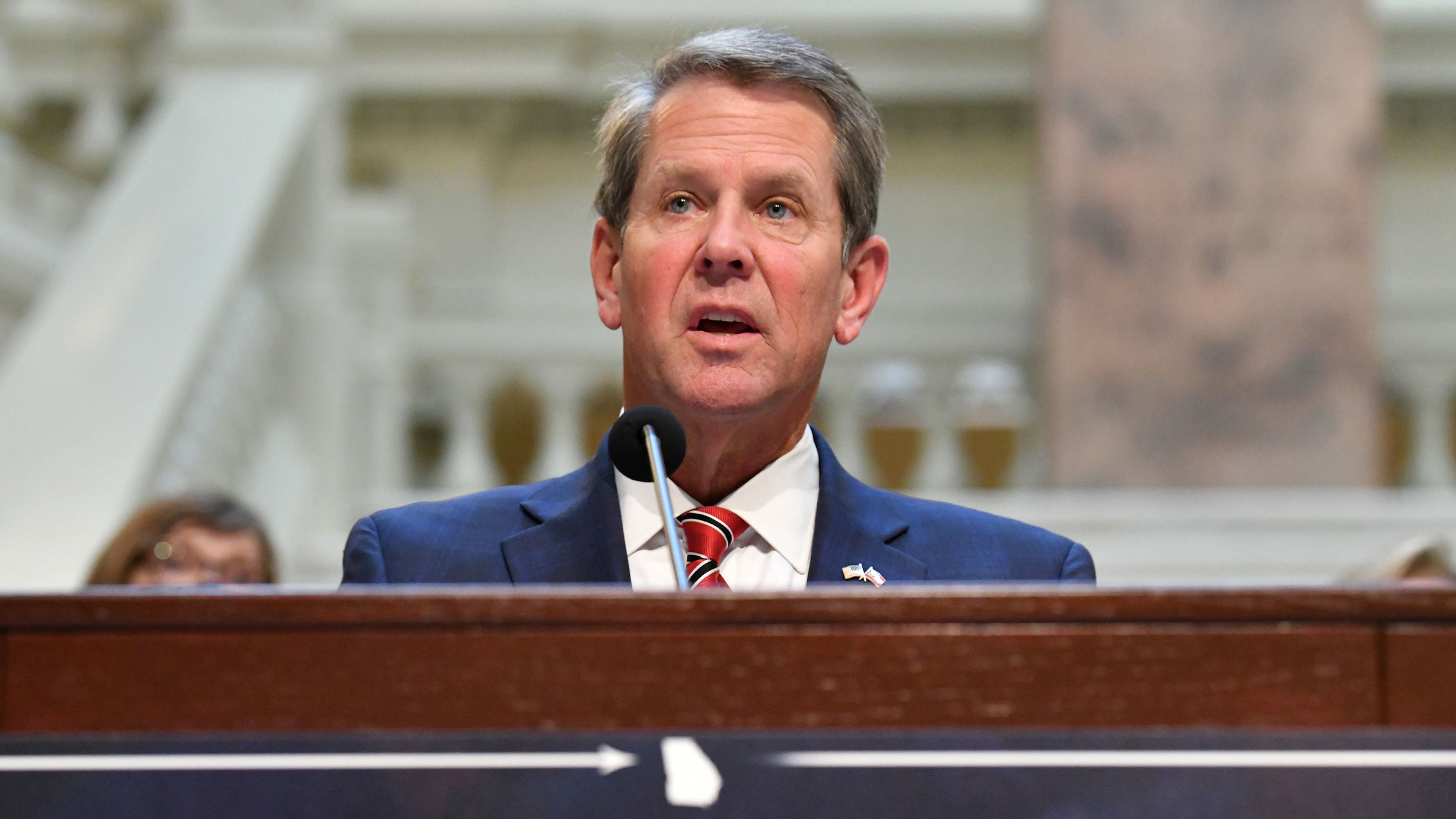Georgia’s divisive concepts law spawned AP African American Studies debacle

When Georgia passed a murky law in 2022 limiting mention of race and racism in schools, critics warned it would discourage frank classroom discussions of history and leave teachers adrift in figuring out what they could safely say without risking their jobs.
Turns out the divisive concepts law also apparently flummoxed Republican state School Superintendent Richard Woods. And it cost him much of the goodwill he enjoyed among Georgia educators.
Woods cited the divisive concepts law in his perplexing and career-damaging decision to block an Advanced Placement African American Studies class, a decision he reversed last week after a deafening outcry from across the state.
Even Gov. Brian Kemp, state Rep. Will Wade, R-Dawsonville, the bill’s author, and other GOP leaders eventually challenged Woods, possibly because they fear a closer-than-expected presidential race and didn’t want to alienate voters on the fence.
“If the law is so vague that the state superintendent, governor and state school board couldn’t properly understand it,” said former Georgia Teacher of the Year Tracey Nance, “and it took an email (to state Attorney General Chris Carr) from the bill’s Georgia author, Rep. Wade, almost three weeks into a public fiasco to step in and interpret the law, how can we expect our teachers and parents to understand it?”
Excellent question and one that the Georgia Legislature chose to ignore when it passed House Bill 1084 two years ago.
Why is the law so confusing? No accident: The murkiness was intentional. Divisive concepts is a more palatable way of warning Georgia educators to step carefully when teaching anything about civil rights, race and racism in America. Lawmakers wanted to prevent white children from feeling guilty and keep white parents voting Republican.
Florida spurred this whitewashing of public education with its anti-woke laws and revised K-12 standards that include teaching middle schoolers “slaves developed skills which, in some instances, could be applied for their personal benefit.” Following Florida’s lead, aggrieved white parents in Alabama report Black History Month as damaging to white students. A Tennessee parents group complained that white students were uncomfortable learning about Ruby Bridges, who, as a 6-year-old, required guards when she integrated a New Orleans elementary school.

In Georgia, the goal was always meant to intimidate teachers, schools and even the state superintendent into self-censoring lessons on Black history. And it worked. Because rather than step carefully around topics of race and racism, some anxious and fearful teachers in Georgia stepped away.
Even music class was affected. A 2023 survey and report by the National Association for Music Education of music teachers in states with divisive concepts laws found some educators were now even wary of including musical genres associated with Black artists, such as jazz, spirituals, blues and civil rights anthems.
When the censorship explodes into public view and angers parents as it did with AP African American Studies, Kemp, Wade and other architects of HB 1084 can distance themselves from the debacle, claiming that their hands are clean and blaming Woods for misinterpreting the law and teachers for overreacting. (By the way, the state Board of Education could have intervened to sanction the class and prove that it serves students rather than politicians, but it chose to play possum.)

Please don’t be fooled by this “Who me?” routine. The Republican criticisms of Woods are not clarion calls of reason. They are cover for the role of GOP leadership in creating a climate in Georgia where the teaching of a well-constructed and well-received college-level class on African American culture, history and achievement can be seen as divisive and illegal.
Let me give the last word on this political pantomime to a teacher.
“The truth is, divisive concepts was unpopular, unnecessary and racist in June 2021 and it’s unpopular, unnecessary and racist in August 2024,” said Nance. “It’s time to repeal HB 1084 to ensure every child can learn Georgia’s full history in the hopes that one day they can lead our state with greater confidence in the power of truth and collaboration than what we are seeing today.”



